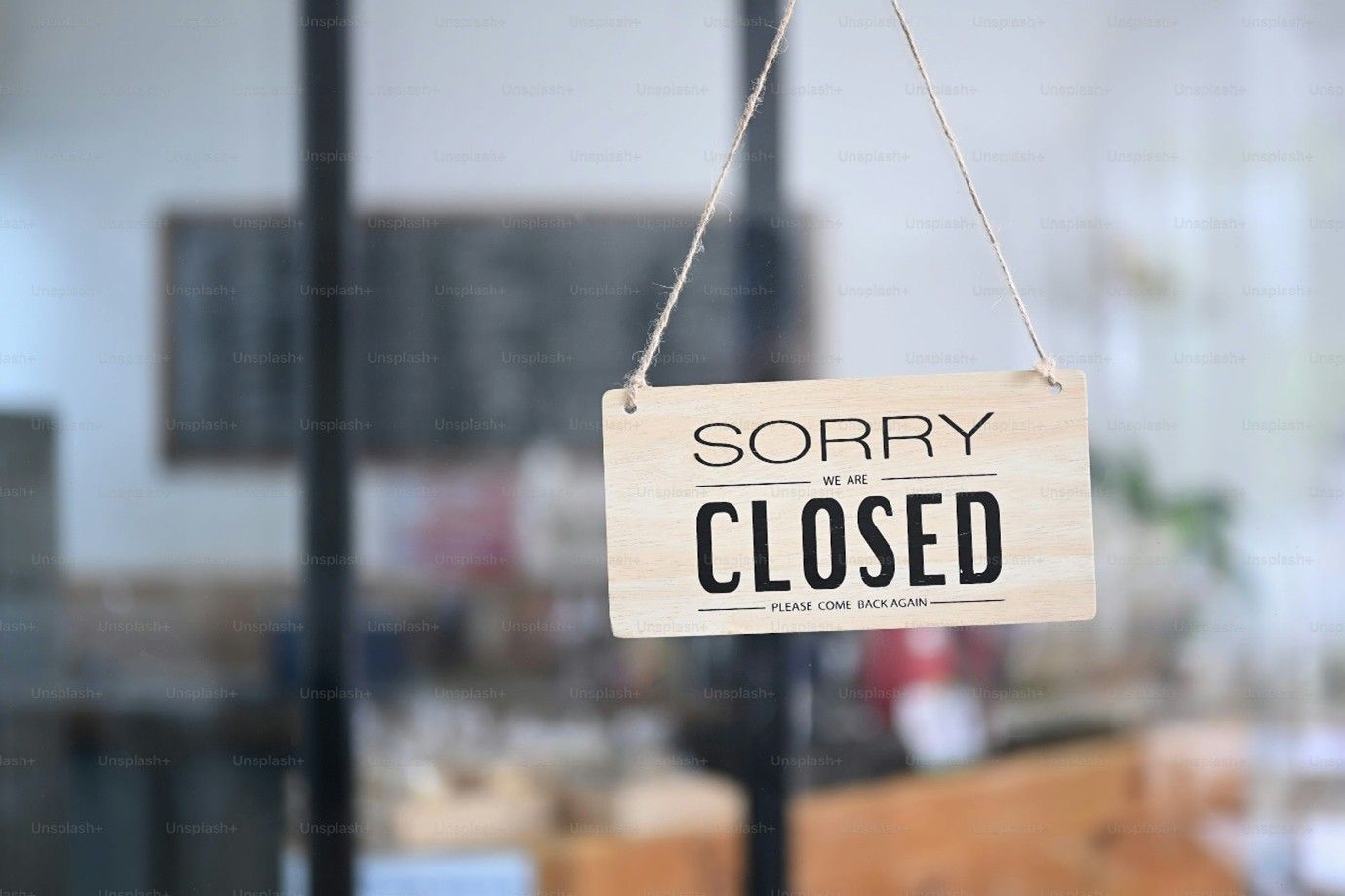How do you solve a problem like Maria (with due respect to Rodgers & Hammerstein!)
Maria is a talented young accountant just approaching her final professional exams. She’s been with the firm for over three years and is very much the sort of team member that the firm want to keep. Maria is a loyal team member, gets on well with clients, is competent and trustworthy and, we think, has a promising future. She lacks experience beyond compliance but the firm would certainly struggle to replace her. However, there are problems ahead.

Maria is a talented young accountant just approaching her final professional exams. She’s been with the firm for over three years and is very much the sort of team member that the firm want to keep. Maria is a loyal team member, gets on well with clients, is competent and trustworthy and, we think, has a promising future. She lacks experience beyond compliance but the firm would certainly struggle to replace her. However, there are problems ahead:
· She’s getting bored with the repetitive nature of compliance work
· She’s getting more concerned about the deadline and workload pressures
· She’s looking for greater flexibility in her work arrangements
· She sees greater promotion and earnings potential elsewhere
· She is good with tech but not motivated by tech
· She’s read about the impact of technology on accounting careers and has questions about her future
All in all, we think that she’s starting to have doubts about her career with the firm and maybe even with the profession.
To make matters worse, the firm want to keep her but aren’t sure about the roles of their team or what resources they will have in future.
So, what do we do with a problem like Maria?
We could start by looking at her role. Digital automation allows us to remove many repetitive tasks from human minds so is the firm maximising the digitalisation of its systems and processes, freeing up time for the team?
If Maria’s interest lies with compliance then is the firm providing her with the training and opportunities to move into a more quality control or management-focused role? With recruitment being such a challenge, utilising systems and outsourced opportunities for the more mundane tasks and freeing up the team for higher value roles in production and delivery is a way to adapt the existing team to a more contemporary approach.
Deadlines and workload pressures are typically driven by the quality of the relationship and communication between the firm and its clients. Most deadlines are not a surprise so is the firm doing enough to actively manage the behaviour and expectations of its clients to take away foreseen pressures?
If Maria is looking for greater flexibility in her working arrangements then the last few years have proved to us that we have the technology to do this, it is more a matter of whether the firm is willing to adapt. It’s a two way conversation but it’s a conversation that is becoming increasingly important as firms not only look to retain their people but deliver high levels of client service. We need happy teams and happy clients. Since everyone is different, an ability to think and work flexibly is surely a requirement today.
Maria sees greater opportunity elsewhere but has the firm sold itself, and the profession enough? The firm are unclear on what the future looks like so the likely answer is no. A clear vision, accurately communicated is vital if a firm is to engage its team. And, let’s be honest, if you don’t have vision of an exciting future then you can’t blame the team for migrating. Maybe you should be reconsidering your future actions too!
Maria is good with tech but not motivated by it. Here is another chance to both revisit her role and clarify the vision of the future. As firms become more digitally based, so human traits become differentiating and powerful resources. People being people can drive a digital firm and its client relationships. Maria’s role in the future is not determined by her experience to date but by her training, coaching and support from here on. If she wants greater client involvement, or the opportunity to develop skills and services for which she currently has little or no experience, how the firm responds to this will go a long way to keep her engaged.
Does the firm properly understand the role and power of its people going forwards and has this been communicated? Google may see the upcoming obsolescence of accounting but, as an accounting firm, the leaders of the firm surely have a plan for remaining relevant. If not, why not and if so, is it communicated.
The profession hasn’t got the best public image and faces many challenges through digitalisation and changing competition. People do have different priorities post-pandemic and generationally. Recruitment and retention are both issues. The traditional model and role of an accounting firm, based on labour intensive strategies is defunct.
You can see where Maria is coming from.
But the firm has many things that it can actively do now to fix the problem before Maria is gone.



